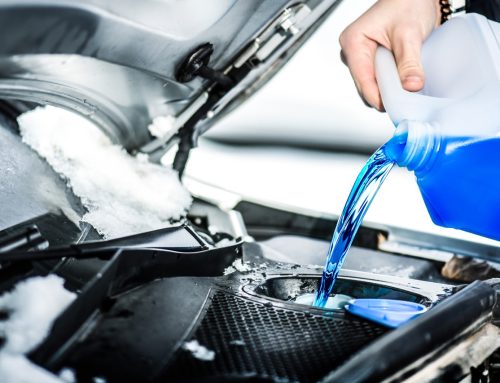Winter is coming to a close, soon, and the temperatures will start to rise, day by day. Just as we all must do our part to get our vehicles ready for the snowy weather of winter time (a topic we have covered on our blog), we must also do our part to make sure that our car is ready for the spring and summer, when the threats to your car are notably different. Here are some tips on getting your car ready for spring…
Prepare your tires
The first thing that you must do to get your car ready for spring is make the necessary adjustments to your car’s tires. The cold temperatures of winter cause air pressure to decrease, while warmer temperatures will cause your tire pressure to increase. Because of this, the air pressure in your tires is likely going to be outside of the recommended range. Check your vehicle’s manual and make the necessary adjustments.
Change to warm weather oil
Many vehicle manufacturers recommend changing to a lighter oil during the winter months, to help with engine efficiency. However, once the temperature climbs again, it is far more efficient to use a heavier oil. Again, check your vehicle’s manual to see what the recommended oil type is for your vehicle, and change it accordingly.
Check battery charge
Cold weather causes battery life to drain faster. This causes a major issue for people at the start of winter, when batteries that are already relatively drained lose their charges at an alarming rate. However, it can also be an issue at the end of winter, when batteries have been performing in the cold for months. On top of this, the wet weather can also cause corrosion to build up around your battery’s spark plugs, which will need to be cleaned.
Change the wiper blades
Windshield wiper blades are frequently damaged by the constant freezing/unfreezing cycle of the winter months. During springtime, where rainstorms are known to be more frequent, this can pose a visibility issue that will need to be addressed, early on. Once the temperatures cease to be freezing, get your wiper blades replaced.
Clean the undercarriage
Moisture and salt are both things that can be quite destructive for metal. During winter, driving on snowy roads, which have likely been salted to prevent ice buildup, causes snow and salt to build up on the undercarriage of your vehicle, thus causing corrosion. Clean this gunk out to prevent long term damage to your car.







